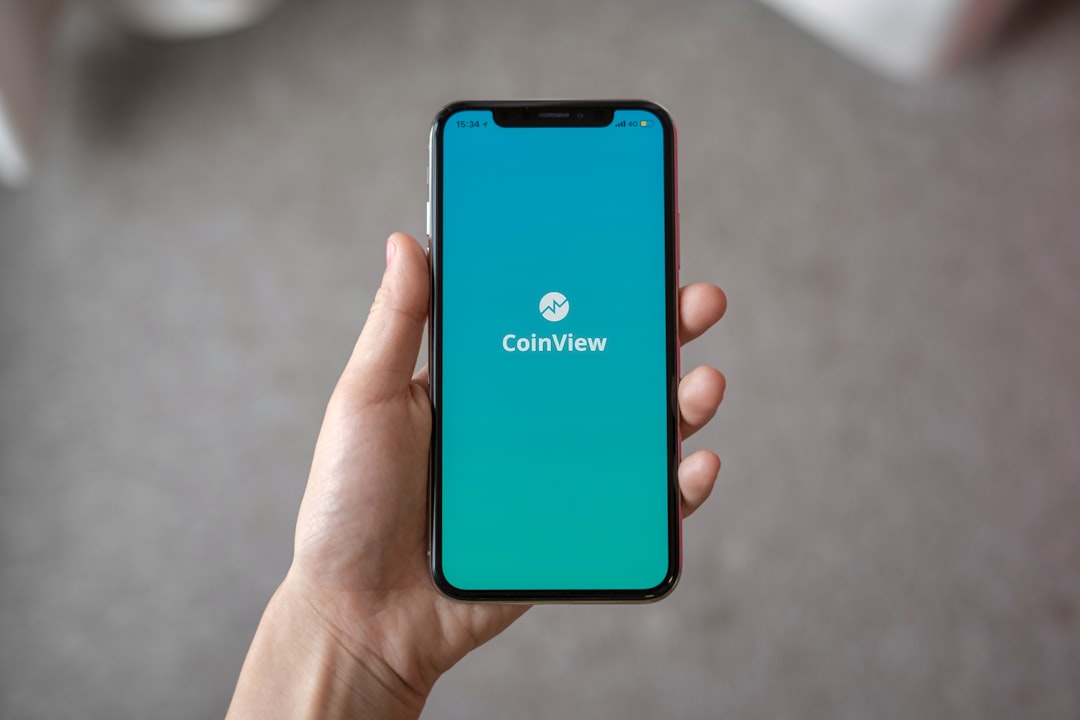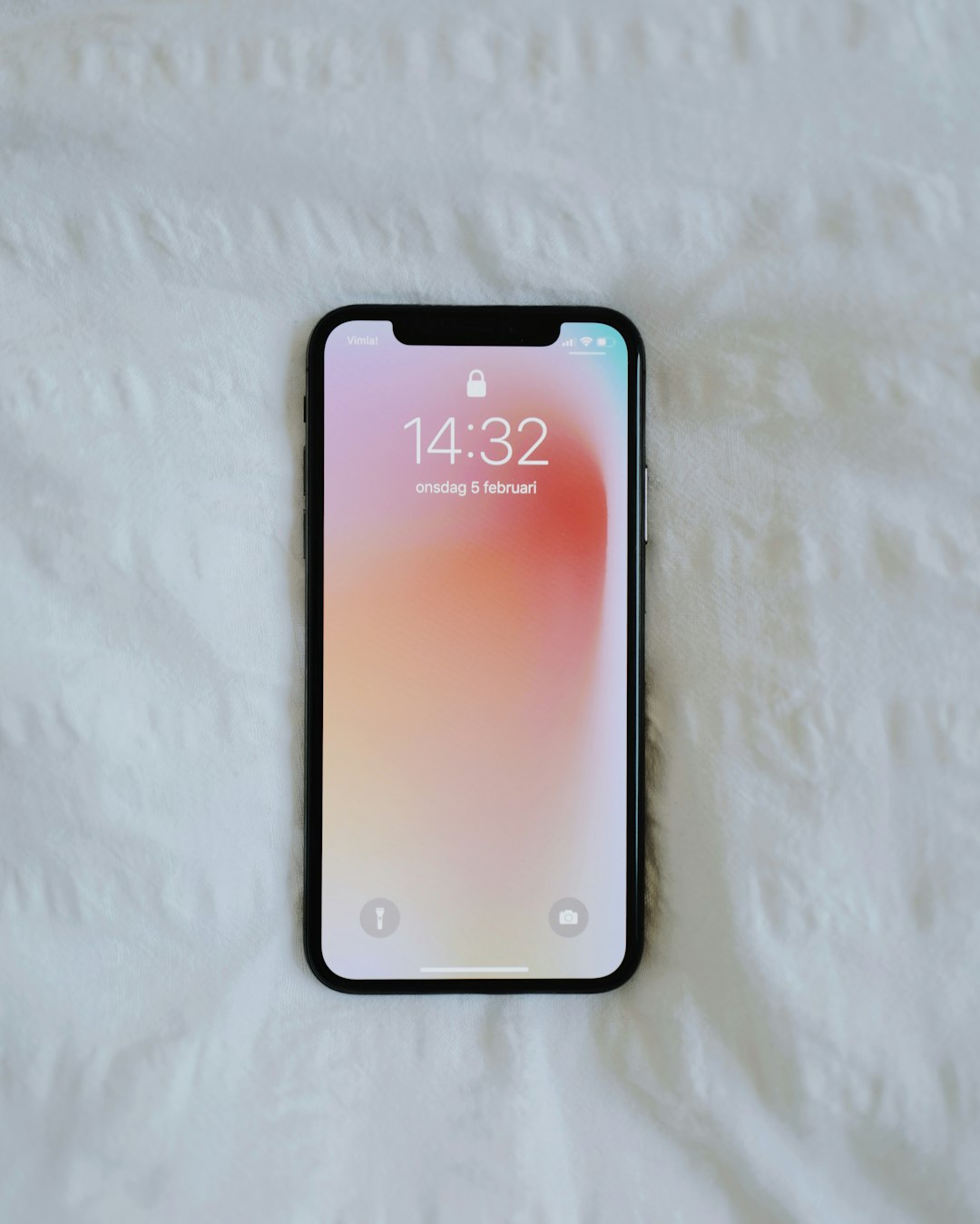Robocalls have become a major problem in Florida, leading to the implementation of the Telemarketing and Consumer Fraud and Abuse Prevention Act (TCFA) in 2013 to protect residents. Floridians face constant unwanted calls increasing risks of identity theft and financial loss. Using apps like NoCall and CallGuard, combined with community reporting, blocks scam calls and provides insights into call origins. AI-enabled apps monitor and analyze incoming calls, identifying and blocking suspicious ones under Florida's robocall laws. Best practices include updating contact info, opting out of listings, being cautious about sharing numbers, and reviewing app permissions to maximize protection against these scams.
In today’s digital age, Florida residents face a prevalent issue: robocalls. These automated, unsolicited calls can disrupt daily life and leave individuals vulnerable to scams. With strict robocall laws in Florida aiming to protect citizens, understanding these regulations and leveraging available tools is crucial. This article explores the growing ecosystem of Florida apps designed to fight robocall scams, delving into their features, benefits, and how they work within the state’s legal framework.
Understanding Robocalls and Their Impact in Florida

Robocalls, automated telephone calls from unknown numbers, have become a widespread nuisance in Florida and across the nation. These calls often deliver prerecorded messages promoting various products or services, or they attempt to manipulate recipients into sharing personal information. While some robocalls are legitimate marketing efforts, many fall under the category of fraud and scams, targeting unsuspecting Floridians. In 2013, the Telemarketing and Consumer Fraud and Abuse Prevention Act (TCFA) was established, implementing stricter robocall laws to protect consumers.
The impact of robocalls in Florida is significant. Residents often experience a constant deluge of unsolicited calls, leading to wasted time and resources trying to block or identify them. More concerning, these calls can be vehicles for identity theft, financial loss, and privacy invasion. Scammers target Floridians with sophisticated tactics, making it crucial for residents to stay informed about the latest robocall laws and protection measures available through various apps designed to combat such scams.
The Role of Robocall Laws in Florida

In Florida, as in many other states, robocall laws play a crucial role in protecting residents from unwanted and fraudulent automated calls. The state has implemented specific regulations to combat the rise of robocalls, which have become a significant nuisance and even a threat to personal security. These laws give Floridians tools to defend against unsolicited marketing calls and prevent scammers from exploiting consumers.
Florida’s robocall laws empower residents to take action by offering various methods to block and report these calls. By enforcing these regulations, the state aims to create a safer communication environment, ensuring that citizens can make and receive calls without the disruption or potential harm caused by rogue automated systems.
Top Florida Apps to Fight Robocall Scams

In today’s digital era, robocalls have become a pervasive and often irritating issue for many Florida residents. The state has specific robocall laws in place to protect its citizens from unwanted automated calls, but combating these scams requires more than just regulations—it needs proactive measures. Luckily, several apps designed specifically for this purpose are readily available. These tools not only block robocalls but also provide valuable insights into the call’s origin, helping users stay informed and safe.
Among the top Florida apps to fight robocall scams, applications like NoCall and CallGuard stand out. NoCall, for instance, leverages community-based reporting to identify and block scam calls, while CallGuard offers advanced AI technology that detects and blocks unknown numbers. By using these apps, Florida folks can reclaim their phone lines from pesky invaders, ensuring a quieter, more secure communication experience.
How These Apps Work: Features and Benefits

These anti-robocall apps leverage advanced technologies like artificial intelligence (AI) and machine learning to identify and block unwanted calls. When you install one of these Florida robocall laws-compliant apps, it begins monitoring your incoming calls. The AI analyzes call patterns, sender information, and other data points to determine whether a call is legitimate or a scam. If identified as suspicious, the app takes action, often blocking the call automatically.
Benefits include peace of mind, knowing that you’re less likely to receive fraudulent calls, and protection against identity theft attempts. Many apps also offer features like call history logging, noise cancellation for clearer communication during valid calls, and the ability to report scam attempts, contributing to a more robust defense against robocall scams in Florida under existing laws.
Staying Safe: Best Practices After Using Robocall-Blocking Apps

After utilizing robocall-blocking apps in Florida, it’s essential to adopt best practices for enhanced safety and protection. One crucial step is to regularly update your contact information across various platforms to prevent your number from being listed in public databases, which can attract more unwanted calls. Additionally, consider opting out of directory listings and call forwarding services to reduce the likelihood of receiving robocalls.
Stay vigilant and be cautious about sharing your phone number online or with unknown entities. Review app permissions and ensure only trusted applications have access to your contact list and call history. By combining these practices with effective robocall-blocking apps, you can significantly minimize the risk of falling victim to fraudulent activities associated with robocalls, ensuring a more peaceful and secure communication experience under Florida’s robocall laws.






